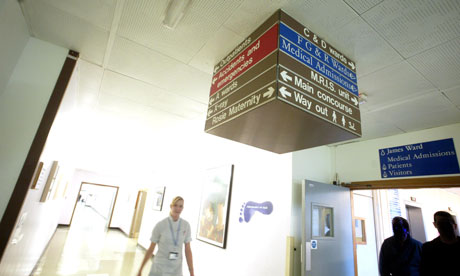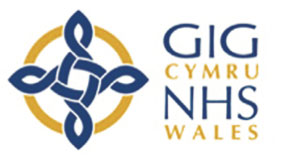A teenage schoolgirl was left paralysed from the waist down when a spinal anaesthetic was left in too long after a routine operation, a hospital has admitted.
Sophie Tyler, 17, of Risca, near Newport, south Wales, will never walk again after an epidural was mistakenly left in place for more than two days.
A medical law expert is now calling on bosses at a leading UK children's hospital to ensure lessons are learned from the devastating error.
Their admission of liability has left the way open for a full settlement, providing Sophie with financial support for the rest of her life.
Mother Sue Tyler spoke today of how the tragic error transformed her daughter from a normal outgoing teenager overnight.
Sophie was 14 on May 27 2008 when she was admitted to Birmingham Children's Hospital for surgery to remove gallstones.
While the operation was successful, an epidural to control pain was left in place too long, causing permanent damage to her spinal cord.
The day after the operation, she complained of numbness in her right leg, but the epidural continued to be pumped into her spine as she felt no pain.
After two days of receiving the anaesthetic, the numbness had spread to both legs and Sophie was barely able to move her feet.
Despite warnings that something was seriously wrong, hospital staff failed to halt the painkilling infusion until the night of May 29.
The next day she underwent an MRI scan which revealed the anaesthetic had entered her spinal cord and damaged the membranes, paralysing her from the waist down.
The hospital trust has now admitted liability. Tim Deeming, medical law expert with Irwin Mitchell solicitors, representing the Tyler family, said: "Sophie and her family have been devastated by what has happened.
"Other than suffering from gallstones, Sophie was a very healthy and active young girl. She and her family put their trust in the hospital and believed that within a few days she would be on the road to recovery.
"At the age of 14, to be told the news that you will never walk again is unimaginable and to discover that mistakes were entirely avoidable has been incredibly hard for them to cope with."
He added: "Birmingham Children's Hospital has a reputation, both nationally and internationally, for clinical excellence, which is why it is extremely important, both to protect future patient welfare and to provide public reassurance, that the hospital learns important lessons from what happened to Sophie.
"We very much hope that the staff responsible have already been retrained so that similar tragedies can be avoided and I am glad that they have now admitted responsibility.
"Although no amount of compensation will ever turn back the clock for Sophie, she will need specialist care and support for the rest of her life.
"The Trust's full admission of liability now paves the way for a settlement which will provide Sophie with financial support to pay for the special equipment and care she now needs."
He said: "This is an important case which has allowed our client to access justice and secure the lifetime of future care she needs but it would not have been possible without the support of legal aid."
Mrs Tyler said: "My daughter's life has completely changed as a result of what happened.
"From being an outgoing teenager, her life has altered overnight and we have all had to come to terms with what has happened.
"Sophie is still taking her A-levels and hopes to then go to university, but to do so, she has had to be very determined and needs a lot of support to enable her to achieve her goals."
Dr Vin Diwakar, chief medical officer at Birmingham Children's Hospital, said: "We are deeply sorry for the unimaginable distress we have caused Sophie and her family as a result of the care she received at our hospital three years ago.
"The care we provided fell below our usual high standards and since then we have implemented a whole series of changes to try to ensure that this never happens again."
http://www.independent.co.uk/news/uk/home-news/hospital-admits-error-that-paralysed-girl-2346785.html









